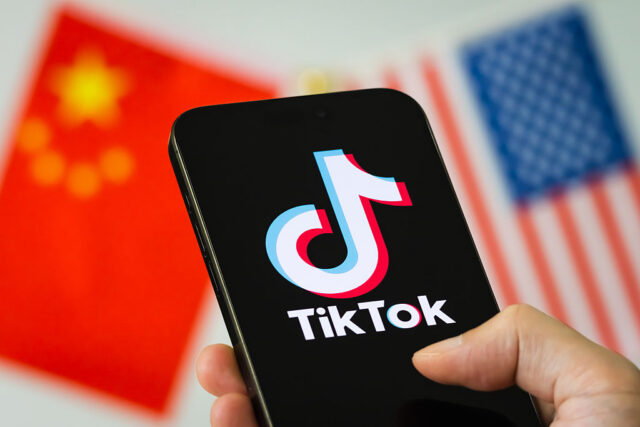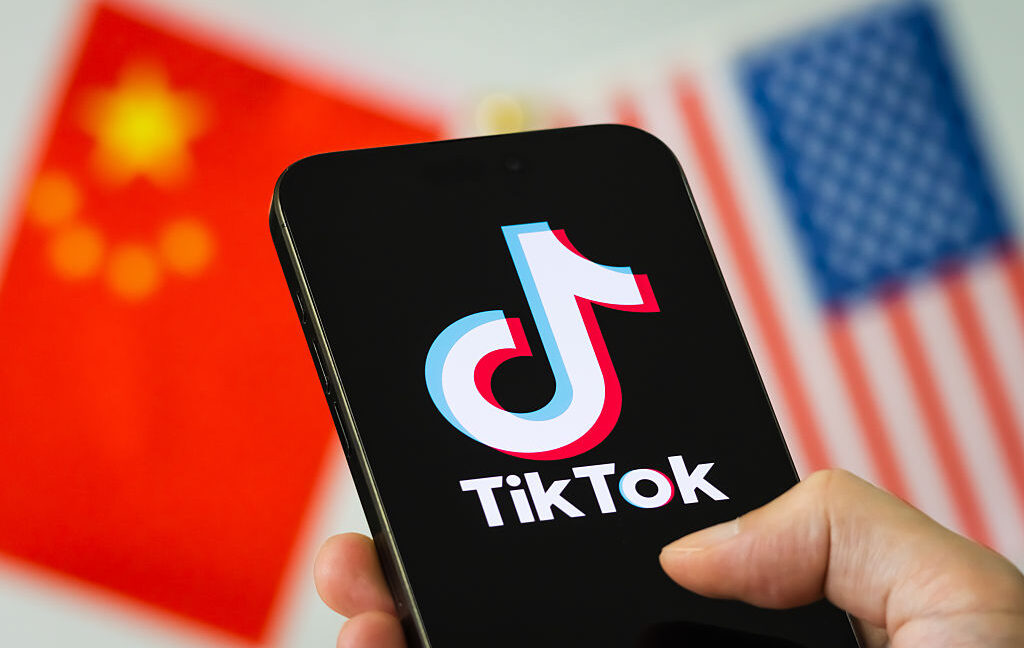- Регистрация
- 17 Февраль 2018
- Сообщения
- 38 906
- Лучшие ответы
- 0
- Реакции
- 0
- Баллы
- 2 093
Offline
Trump’s TikTok deal requires US to make its own version of the app.


Credit: Cheng Xin / Contributor | Getty Images News
TikTok will not shut down on Wednesday, as President Donald Trump inches nearer to closing a deal with China that will most likely see the app's majority ownership shift to US owners and US-based users shift to a new app.
On Tuesday, Trump confirmed that he has extended the deadline to December 16 for TikTok owner ByteDance to divest ownership to comply with a law designed to block China from spying on US users or manipulating TikTok's algorithm to influence Americans.
The president claimed that the extension allows time to finalize a deal that sources told The Wall Street Journal would shift 80 percent ownership to "an investor consortium including Oracle, Silver Lake, and Andreessen Horowitz." Existing ByteDance investors will also join the consortium, including Susquehanna International, KKR, and General Atlantic, the WSJ reported.
Under the current framework—which could change—TikTok's board would become "American-dominated," sources further confirmed, including "one member designated by the US government." Trump suggested the deal would be finalized within the next 30 to 45 days, CNBC reported.
Ultimately, China gets to keep the TikTok algorithm, simply licensing the algorithm to the US instead of handing over the heart of TikTok's success. As Ars previously reported, that means the US could end up with a glitchier version of TikTok, with sources telling WSJ that TikTok engineers will be forced to "re-create a set of content-recommendation algorithms" for the US app if the deal goes through. However, according to the Financial Times, "content generated by American users would still be available to users in the 'rest of the world' app and vice versa."
There's a chance that the Republican-controlled Congress could intervene if national security concerns remain after Trump finalizes the deal. Politico reported that some Republicans, like Sen. Chuck Grassley (R.-Iowa), are taking a "hard line," vowing to oppose the framework if it violates the Protecting Americans from Foreign Adversary Controlled Applications Act, the law intended to ban TikTok if China maintained control of the algorithm.
However, Trump seems to think that longtime TikTok partner Oracle taking a bigger stake while handling Americans' user data at its facilities in Texas will be enough to prevent remaining China-based owners—which will maintain less than a 20 percent stake—from allegedly spying, launching disinformation campaigns, or spreading other kinds of propaganda.
China previously was resistant to a forced sale of TikTok, FT reported, even going so far as to place export controls on algorithms to keep the most lucrative part of TikTok in the country. And "it remains unclear to what extent TikTok’s Chinese parent would retain control of the algorithm in the US as part of a licensing deal," FT noted.
On Tuesday, Wang Jingtao, deputy head of China’s cyber security regulator, did not go into any detail on how China's access to US user data would be restricted under the deal. Instead, Wang only noted that ByteDance would "entrust the operation of TikTok’s US user data and content security," presumably to US owners, FT reported.
One Asia-based investor told FT that the US would use "at least part of the Chinese algorithm" but train it on US user data, while a US advisor accused Trump of chickening out and accepting a deal that didn't force a sale of the algorithm.
"After all this, China keeps the algorithm," the US advisor said.
To the Asia-based investor, it seemed like Trump gave China exactly what it wants, since “Beijing wants to be seen as exporting Chinese technology to the US and the world.”
It's likely more details will be announced once Trump and Chinese President Xi Jinping hold a phone conference on Friday. ByteDance has yet to comment on the deal and did not respond to Ars' request to comment.


Credit: Cheng Xin / Contributor | Getty Images News
TikTok will not shut down on Wednesday, as President Donald Trump inches nearer to closing a deal with China that will most likely see the app's majority ownership shift to US owners and US-based users shift to a new app.
On Tuesday, Trump confirmed that he has extended the deadline to December 16 for TikTok owner ByteDance to divest ownership to comply with a law designed to block China from spying on US users or manipulating TikTok's algorithm to influence Americans.
The president claimed that the extension allows time to finalize a deal that sources told The Wall Street Journal would shift 80 percent ownership to "an investor consortium including Oracle, Silver Lake, and Andreessen Horowitz." Existing ByteDance investors will also join the consortium, including Susquehanna International, KKR, and General Atlantic, the WSJ reported.
Under the current framework—which could change—TikTok's board would become "American-dominated," sources further confirmed, including "one member designated by the US government." Trump suggested the deal would be finalized within the next 30 to 45 days, CNBC reported.
Ultimately, China gets to keep the TikTok algorithm, simply licensing the algorithm to the US instead of handing over the heart of TikTok's success. As Ars previously reported, that means the US could end up with a glitchier version of TikTok, with sources telling WSJ that TikTok engineers will be forced to "re-create a set of content-recommendation algorithms" for the US app if the deal goes through. However, according to the Financial Times, "content generated by American users would still be available to users in the 'rest of the world' app and vice versa."
There's a chance that the Republican-controlled Congress could intervene if national security concerns remain after Trump finalizes the deal. Politico reported that some Republicans, like Sen. Chuck Grassley (R.-Iowa), are taking a "hard line," vowing to oppose the framework if it violates the Protecting Americans from Foreign Adversary Controlled Applications Act, the law intended to ban TikTok if China maintained control of the algorithm.
However, Trump seems to think that longtime TikTok partner Oracle taking a bigger stake while handling Americans' user data at its facilities in Texas will be enough to prevent remaining China-based owners—which will maintain less than a 20 percent stake—from allegedly spying, launching disinformation campaigns, or spreading other kinds of propaganda.
China previously was resistant to a forced sale of TikTok, FT reported, even going so far as to place export controls on algorithms to keep the most lucrative part of TikTok in the country. And "it remains unclear to what extent TikTok’s Chinese parent would retain control of the algorithm in the US as part of a licensing deal," FT noted.
On Tuesday, Wang Jingtao, deputy head of China’s cyber security regulator, did not go into any detail on how China's access to US user data would be restricted under the deal. Instead, Wang only noted that ByteDance would "entrust the operation of TikTok’s US user data and content security," presumably to US owners, FT reported.
One Asia-based investor told FT that the US would use "at least part of the Chinese algorithm" but train it on US user data, while a US advisor accused Trump of chickening out and accepting a deal that didn't force a sale of the algorithm.
"After all this, China keeps the algorithm," the US advisor said.
To the Asia-based investor, it seemed like Trump gave China exactly what it wants, since “Beijing wants to be seen as exporting Chinese technology to the US and the world.”
It's likely more details will be announced once Trump and Chinese President Xi Jinping hold a phone conference on Friday. ByteDance has yet to comment on the deal and did not respond to Ars' request to comment.
